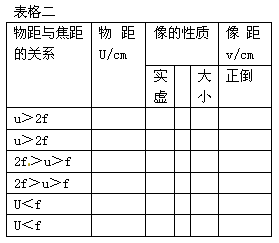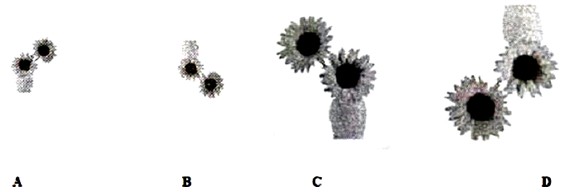关于哲学与生活的关系,下列说法正确的是()
①哲学源于生活,又对人们的生活有指导作用
②生活需要智慧,需要哲学
③哲学与生活相互影响、相互决定
④哲学的智慧产生于人类的实践活动
A.①②③
B.①②④
C.②③④
D.①③④
参考答案:B
解析:
关于哲学与生活的关系,①②④的说法都正确,只有③的说法错误,因为哲学与生活相互影响,但不能说哲学决定生活,这是唯心主义观点,排除③,正确答案是B。
考点:哲学与生活的关系
点评:本题是四选三题,只要排除一项即能确定答案,哲学只能影响人们的生活,而不能“决定”,所以③要排除。“决定”这个词是一个比较特殊的词,遇到这个词,考生就要仔细斟酌,看其用得对不对。





